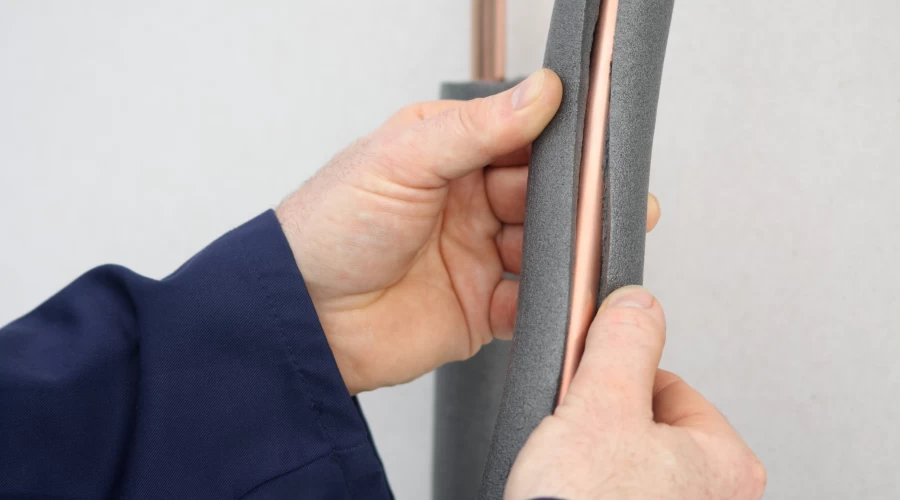Generators
This article contains information & advice regarding risks that do not appear on the Risk Register.

During adverse weather we can sometimes see our power be disrupted or even go off altogether. Depending on your own requirement and needs, it may be useful to find out more about generators and how having one may help you. It worth noting that it’s not as simple as plugging in just any other appliance. It takes research by you and the advice of and expertise of a qualified electrician a generator may help you.
If you are able to set one up, there’s a few questions you need to consider:
- Location - where will you store it?
- How will you deploy it? It will need to be secure with good airflow
- Where will you store the fuel? Bear in mind the amount of fuel required to keep it going. It’s worth noting that you can legally only store 30 Litres of fuel at home - please see this link for more information around the Storing-Petrol-at-Home.pdf (environmental-protection.org.uk)
Fuel has a best before date, and after 6 months will start to degrade in quality. This can be dependant on the temperature where it is kept. Does fuel go off? Old fuel and fuel storage questions answered | RAC Drive
Related News

Residents urged to help map Wiltshire's digital future through new 'Digital Wiltshire' platform
1m read
Residents urged to help map Wiltshire's digital future through new 'Digital Wiltshire' platform

Thames Water urges customers to protect their homes as freezing conditions continue
2m read
Thames Water urges customers to protect their homes as freezing conditions continue
Generators vary in size, and it is important to be aware of what you would use the generators for and how much “load” there would be. This is in affect the amount of power you will take from it, is it to boil a kettle or to run a whole home with light and fully functional? Is it to run a large care home or a business? This draw on electricity is very different.
Generators are used for faults by Power Companies where there is a failure of equipment that cannot be repaired immediately. Power Companies may be impacted by fallen trees in storms knocking out over head cables or there are high voltage underground cable faults that require a complicated process of fault location using specialist equipment.
Sometimes Power Companies are able to supply these, but it is very dependent on the vulnerability of your situation. Every business should have a Business Continuity Plan detailing how you would keep your business going during a disruptive event. Care homes with vulnerable people and residents that require certain medical equipment may decide that it is worth installing a permanent generator to provide resilience in such events.
It’s worth noting that most power cuts do not last very long and for this the expense of installing a generator for a household may not be worth the costs. In these instances, having torches and lanterns are a suitable alternative for the few hours that you may be with out power.


